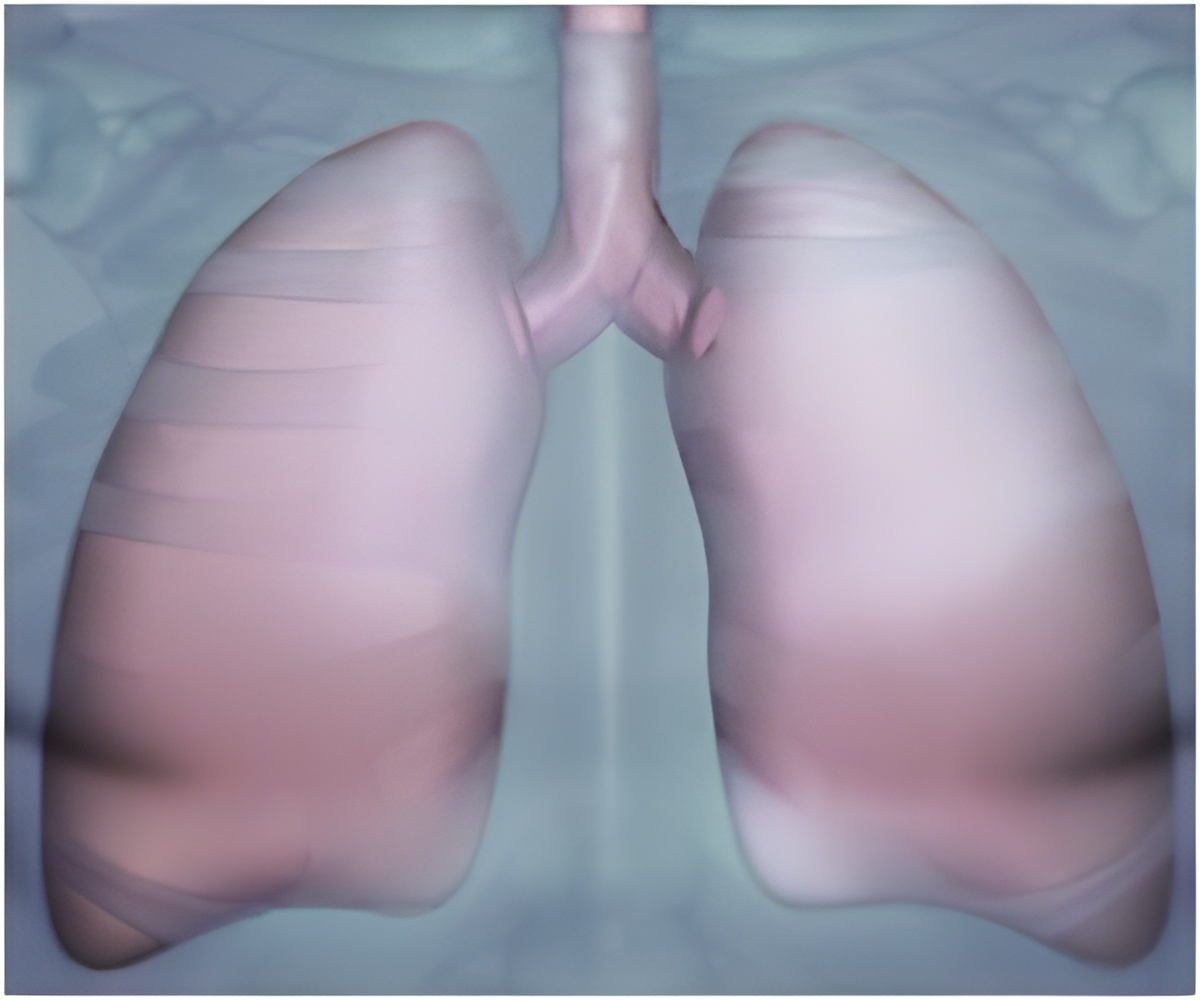The reason for a certain type of bacteria, harmless in healthy people, is so deadly to patients with cystic fibrosis has been discovered by scientists.

The Ohio State University researchers have determined that B. cenocepacia bacteria interfere with an important survival process in cells whose job is to fight infection. This phenomenon is even stronger in CF patients, so the infection exacerbates the cell malfunction.
The research group also showed that rapamycin, an existing drug known to stimulate this cell-survival process, called autophagy, helped control B. cenocepacia infection in mice that serve as a model for cystic fibrosis.
The scientists also dissected the role of a molecule called p62, which plays a role in the autophagy process. They found that p62 inside macrophages, the cells that fight infection, is influential in controlling B. cenocepacia infection.
"This suggests that manipulating p62 levels might help patients with CF fight off the lethal infection," said Amal Amer, assistant professor of microbial infection and immunity and internal medicine at Ohio State and senior author of the study.
The research will be presented April 22 at the American Society for Biochemistry and Molecular Biology annual meeting, which is being held in conjunction with the Experimental Biology 2012 conference in San Diego. The rapamycin findings also were published in a recent issue of the journal Autophagy.
Advertisement
Amer and her colleagues had been studying autophagy in other organisms before experimenting with these bacterial cells. Autophagy allows a cell to digest parts of itself to produce energy when it is experiencing starvation.
Advertisement
These cells that can use autophagy to clear infection are the macrophages, which are first-responders in the immune system that essentially eat offending pathogens.
Amer and Ohio State doctoral student Basant Abdulrahman showed that macrophages isolated from both mice and humans that carried the most common CF mutation could not clear the B. cenocepacia infection. The bacterium invades the macrophage and just sits there, Amer explained, instead of being digested and cleared away.
Because autophagy was not working in these cells, the researchers tested the effects of the drug rapamycin, an immune-system suppressant that is known to stimulate autophagy, in normal animals and those with the most common CF genetic mutation.
The drug had no real effect on normal mice because they could clear a B. cenocepacia infection on their own, said Abdulrahman, the study's lead author and presenter of the research at Experimental Biology 2012. But in mice with CF, she said, the drug's stimulation of the autophagy process helped these mice clear the bacterial infection from their lungs.
With this strong suggestion that autophagy is a potential target for new CF treatments, the researchers set out to better understand this process in CF macrophages that are unable to fight the B. cenocepacia infection. And that is when they found that p62 shows promise as an even more specific drug target. Additional studies of p62's effects on this bacterial infection are in progress.
Source-Eurekalert














